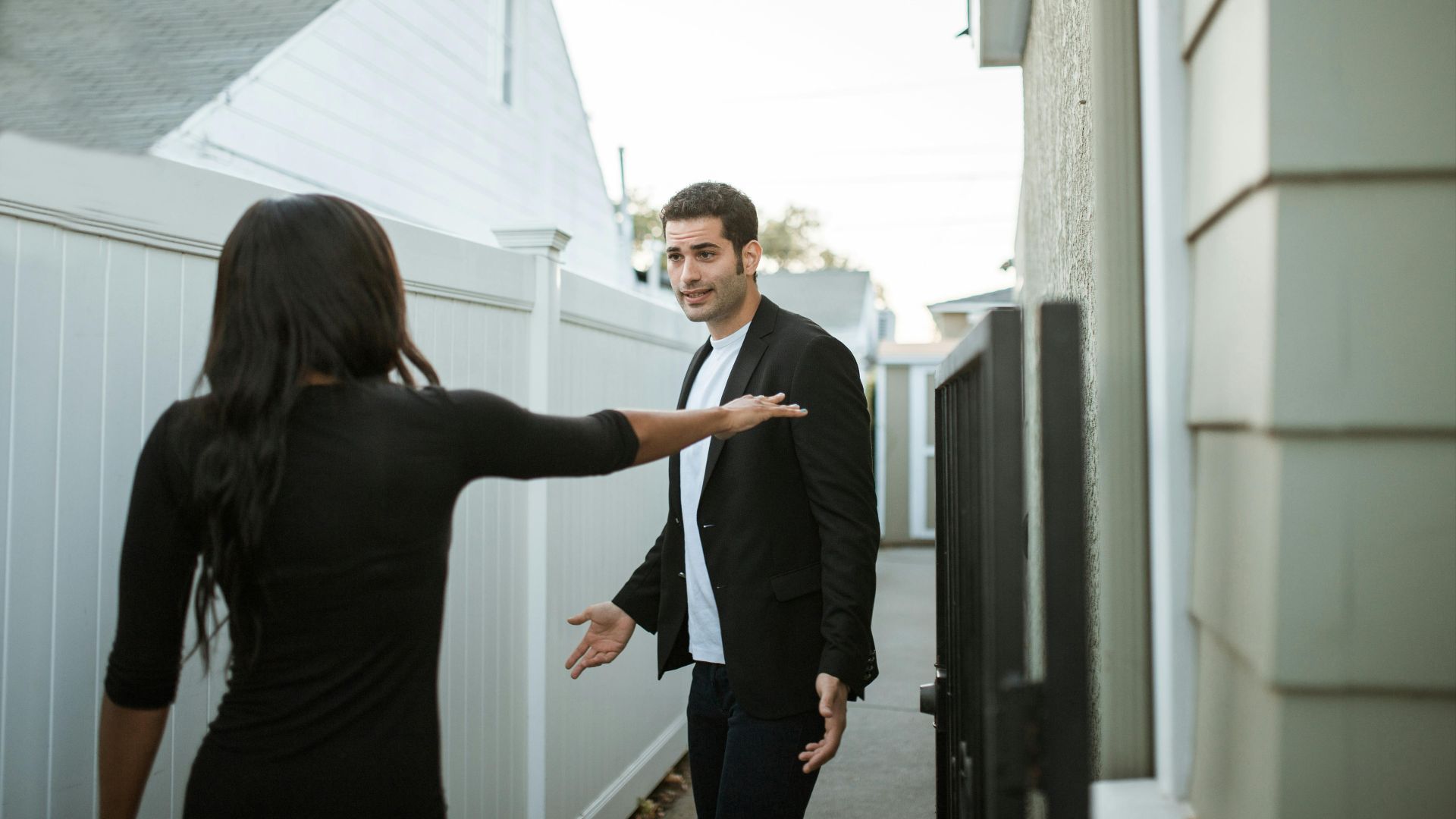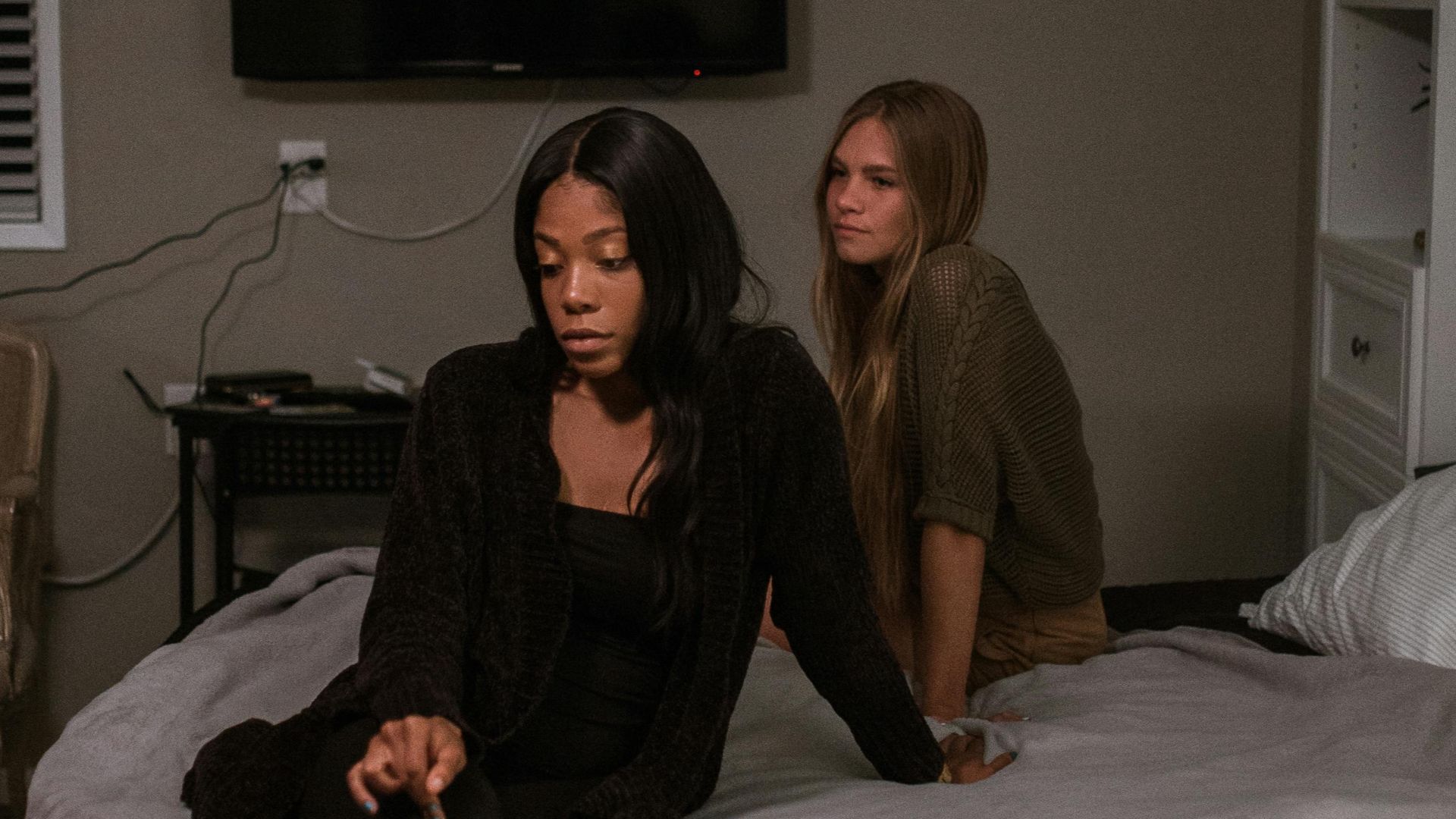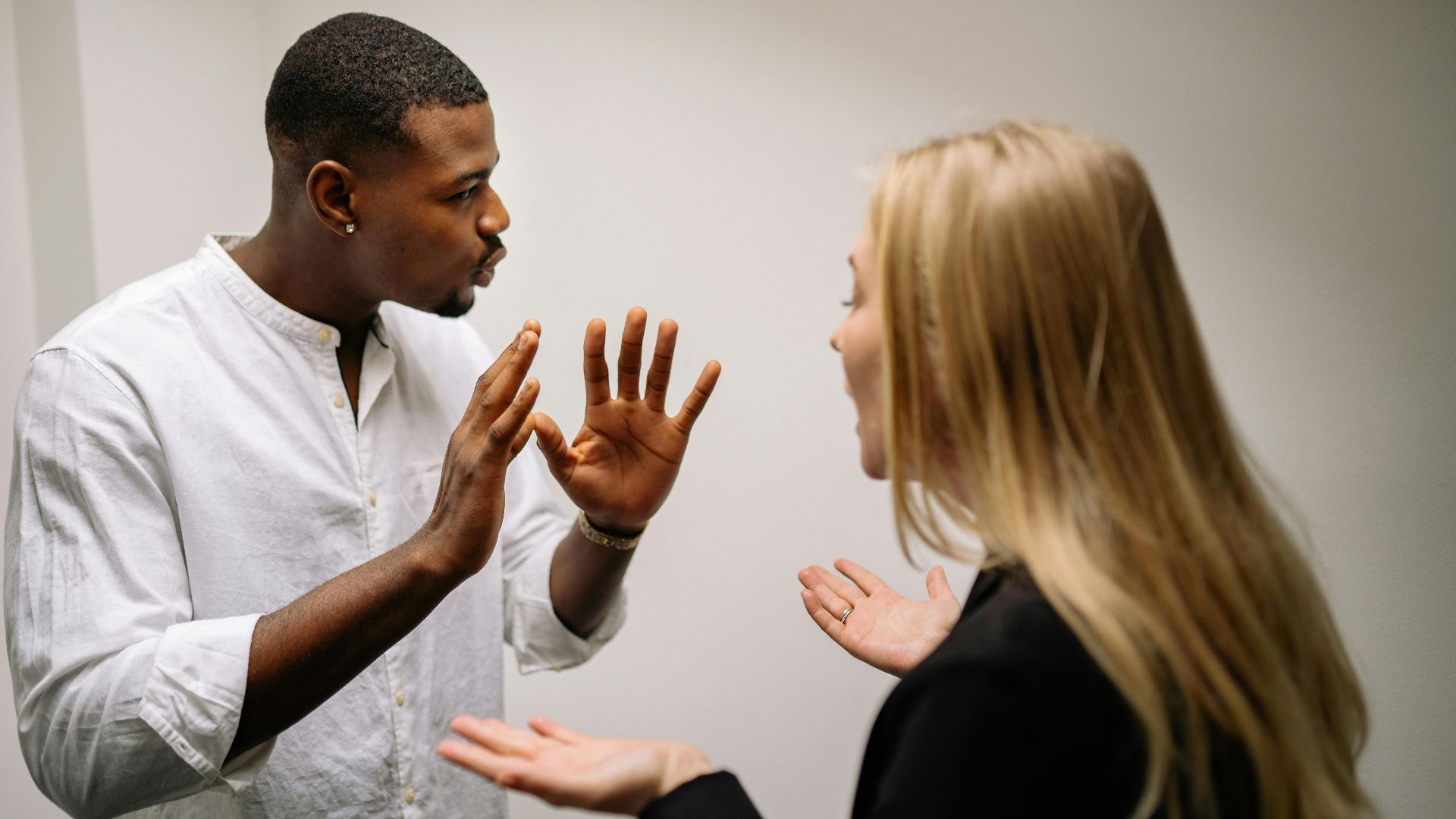10 Signs You're Trapped With An Emotionally Unavailable Partner & 10 Things To Do About It
10 Signs You're Trapped With An Emotionally Unavailable Partner & 10 Things To Do About It
You’re Together, But You Feel Alone
Emotional detachment looks different on everyone, but partners know it when they see it. It’s disconcerting to feel so removed from your significant other, but you can’t quite pinpoint the issue. Instead, you’re left feeling drained, or worse, completely alone. Here, we discuss common signs of emotional unavailability and a few ways you can cope.
1. Their Past Speaks Volumes
It’s not always fair to judge someone’s present by their past. However, certain situations provide insight into why current relationships fail. If your partner has never maintained a meaningful partnership, it could signal that you’re next in line.
 Viktoria Slowikowska on Pexels
Viktoria Slowikowska on Pexels
2. They Don’t Communicate With You
Relationships crumble without communication. Though having tough conversations is difficult, couples power through and come out the other side together. Emotionally unavailable people, on the other hand, avoid communication at all costs. It’s never good when it feels like pulling teeth just to speak with them.
3. They’re Overly Flirtatious
Emotionally unavailable people know how to charm prospective partners. They’ll bat their eyes and listen intently, but they’re first out the door when things get real. Pay attention to their patterns. Do they show up every day, or did they only woo you in the beginning?
4. There’s No Commitment
When someone’s unavailable, they don’t always think about the future. You won’t make plans for marriage or a family. You likely won’t even talk about it. In some cases, even something as simple as a dinner date falls by the wayside.
 LOGAN WEAVER | @LGNWVR on Unsplash
LOGAN WEAVER | @LGNWVR on Unsplash
5. They Aren’t Present
Emotionally unavailable people won’t make the time for their significant others, which often causes low self-esteem and feelings of anxiety. They might show up late for scheduled dates or flake at the last minute. When they do show up, you may still feel alone.
6. They Never Say “Relationship”
You won’t catch an emotionally unavailable partner say the R-word. They might insist on a casual affair or deflect from real conversations, too. If they aren’t willing to talk about their future with you, it could signal trouble.
7. They’re Far Too Interested in the Bedroom
Don’t get us wrong—there’s nothing wrong with the boudoir. Time in the bedroom builds intimacy and fosters a healthy relationship, but when physical satisfaction comes first, it doesn’t bode well for couples. This particular red flag often pops up in the early stages; emotionally unavailable people may feel like they aren’t capable of offering any more, so they immediately come on too strong.
8. There’s No Excitement
People express excitement in different ways, but at least they express it. However, distant partners rarely show excitement. You don’t need to jump for joy at every occasion, but it’s still important to get giddy about finding your second half.
9. Inconsistent Responses
Healthy couples maintain consistent responses. While you don’t need to answer immediately, locked-in partners always text when they’re on the way home or call when their plane lands. Emotionally unavailable partners don’t.
10. You Feel Alone
There’s nothing more heartbreaking than feeling alone in a relationship. Some people feel ignored. Others feel like they can’t have a proper conversation. Whatever’s driving your isolation, loneliness can indicate a problem.
Having an emotionally unavailable partner doesn’t mean ending the relationship. Some couples can work together to bridge the gaps, while others know it’s time to call TOD. Let’s explore a few ways you can figure out the best path forward.
1. Don’t Take it Personally
It’s hard not to take it personally when your partner ignores you. However, unavailability stems from many root causes, and chances are, they’re separate from you. Anything from past abuse to personality disorders can cause emotional detachment, so it’s important to consider their side as well.
2. Have an Honest Discussion
You owe it to yourself and the relationship to have an honest conversation with your partner. Stick with “I feel” statements and let them know how their behavior affects you. If they’re in it for the long haul, they’ll work towards a brighter future with you.
3. Avoid Placing Blame
As we discussed, not all detachment is the same. Avoid blaming the other person for their behavior; focus on how you feel and share your thoughts with them. Targeting their personality can lead to more head-butting, and right now, you’re just trying to speak openly.
4. Consider Their Willingness to Change
Some partners are emotionally unavailable by choice, and that means they’re unlikely to change. Speak with them about how they’re affecting you and consider their willingness to improve. If they actually want a relationship, they’ll put in the work.
 Antoni Shkraba Studio on Pexels
Antoni Shkraba Studio on Pexels
5. Stop Trying to “Fix” Them
It’s not your job to “fix” your partner. Couples grow together and support each other, but they aren’t a substitute for therapy or deeper reflection. That mental work also puts more strain on you, leaving you to do the heavy lifting and ignore your well-being.
6. Invest in Therapy
There’s no shame in speaking to a professional when you need guidance. Therapists can walk you through your situation and help build a healthy path forward. If your partner agreed to it, you can also attend couples counseling to work on problems together.
7. Don’t Play Armchair Psychologist
Maybe your partner had a rough childhood. Maybe they’re struggling with mental illness. Or maybe they just don’t want a commitment. You’ll never truly know what’s going on inside their head, and trying to diagnose them is unfair to both of you.
8. Build a Support System
Not everyone has the time or money for professional support, and that’s understandable. However, you can always build a support system of loved ones outside the therapist’s office. Friends and family want to see you happy, and they’ll be there when you need a shoulder to cry on.
9. Focus on Yourself
With so much time spent on the relationship, it’s easy to put yourself second. Not anymore! Focus on your own well-being. Rediscover your hobbies, spend time with loved ones, or cook a healthy meal at home. However you need to recover, make time for self-care.
10. Think About Next Steps
No one else can decide what to do about your relationship. You’ve had the talks. You’ve spoken with loved ones. You’ve done a little self-reflection. Now it’s time to decide what your future looks like. The important thing to remember is that you’re not alone, whatever you choose.

























